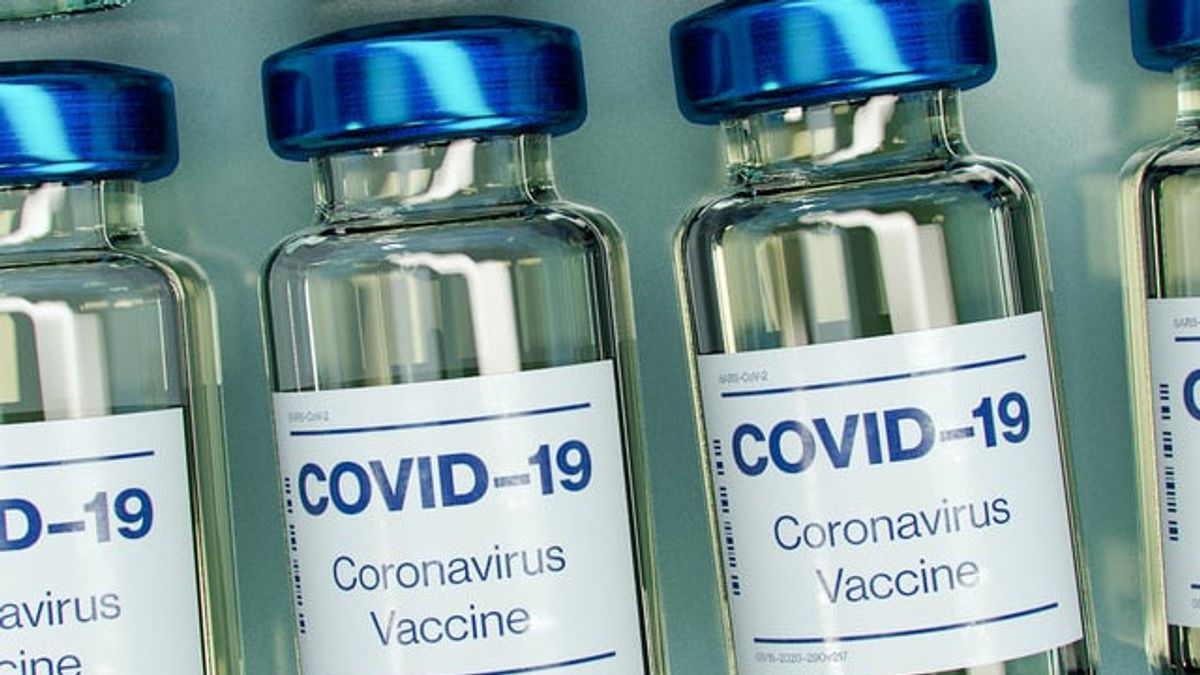JAKARTA - Several cities in Germany postponed their COVID-19 vaccinations after finding around 1,000 vaccines were not cold enough during transit. Medical staff found that the temperature in a cooler for the vaccine from Pfizer / BioNTech had risen to 15 degrees Celsius, even though the maximum temperature set by the manufacturer was 8 Celsius.
"When reading the temperature gauge included in the cooler, doubts arise about compliance with the refrigerant requirements," said a spokesman for the Lichtenfels district in the north of Germany's largest state, Bavaria, in a statement quoted by Reuters.
The government of Upper Franconia, Bavaria, a region experiencing this problem, said BioNTech had ordered the vaccine on the evening of Sunday, December 27. "BioNTech has confirmed the quality of the vaccine injections," said an Upper Franconia spokesman. "A vaccination program can be started (in the Upper Franconia region)."
Previously, BioNtech said they were responsible for deliveries to 25 distribution centers in Germany. Federal state and local authorities are responsible for sending to vaccination centers and mobile vaccination teams.
"This is where the temperature variations occur. We are in contact with many authorities to provide advice, but it is up to them how to proceed," said a BioNTech spokesman.
In a December presentation, BioNTech explained that a vaccine that has been taken out of the freezer can last up to five days at 2 to 8 Celsius and up to two hours at a temperature of up to 30 Celsius before use.
Why should the vaccine be cold?This Pfizer vaccine uses mRNA technology which must be stored at an ambient temperature of -70 degrees Celsius before being sent to a distribution center in specially designed cool boxes. After coming out of super cold storage, the vaccine must be stored at 2 to 8 Celsius to keep it effective for up to five days.
Previously, the European Union launched a mass COVID-19 vaccination campaign on Sunday 27 December with retirees and medics in line for the first injection. The European Union is working on a pandemic that has crippled the economy and claimed more than 1.7 million lives worldwide.
Postponement of vaccination in Germany highlights challenges in vaccine deployment while regulators review vaccine approvals from other companies. These include those made by Moderna and AstraZeneca, which are easier to carry and store.
The launch of the Pfizer vaccine in the United States has been slow, putting the government's target of 20 million vaccinations this month in doubt. Hospitals have navigated previously frozen vaccine preparations for use, have staff to run clinics and ensure proper social distancing.
In Germany, temperature concerns also delayed the start of vaccination campaigns in the southern districts of Bavaria, Augsburg and Dillingen, where health staff finally got permission from BioNTech to use the injections. The German vaccination campaign officially started on Sunday 27 December starting with injections of residents of nursing homes.
The German government plans to distribute more than 1.3 million doses of vaccine to local health authorities by the end of 2020. Meanwhile, starting in January 2021 the target is around 700,000 people per week.
The English, Chinese, Japanese, Arabic, and French versions are automatically generated by the AI. So there may still be inaccuracies in translating, please always see Indonesian as our main language. (system supported by DigitalSiber.id)













